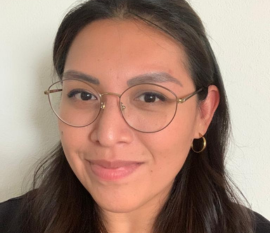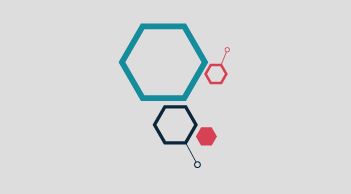The applications of Data Science and Artificial Intelligence technology in healthcare have made headlines due to their impact on early detection and even prevention of certain diseases. We saw this a few months ago when it went viral that researchers from the MIT Laboratory of Science and Artificial Intelligence detected patterns in breast tissue, undetectable to humans, that could alert to the development of breast cancer. This achievement was accomplished through the analysis of 90,000 mammograms conducted between 2009 and 2012, marking one of the most commendable milestones in this technology, which occurred five years ago.
However, the field of Artificial Intelligence can go beyond specific applications and the medical aspect. Just as diseases are multifactorial, a patient’s context is filled with variables, all of which will be directly or indirectly affected at every stage of treatment or simple health care.
It is precisely in this journey where technology also allows us to better understand patients from perspectives beyond the disease: How is their mood? How do they confront a medical term they’ve never heard before? What do they do with those doubts they couldn’t express to their doctor out of fear, shame, or the sheer impact of news that they haven’t fully grasped yet?
The hyperconnected world provides us with answers. We are in a privileged moment where every patient with internet access can find, express, and leave a digital footprint of what they are experiencing, especially in countries in the Americas. This is further compounded by an increase in health-related content production following the Covid-19 health crisis.
With these inputs, the Deep Learning team has used Artificial Intelligence in two ways: technical and analytical. In the first stage, we extract large amounts of data from public sources and, with the help of machine learning, identify the main topics of these conversations.
For the second phase, the challenge lies in finding patterns, discrepancies, or nuances between sources of information. In the end, the findings from patient conversations translate into: unidentified habits, fears about medication, identification of more or less common symptoms, a popular nomenclature for medications, as well as treatment rituals.
How have we translated this? The significant insights we have gained through Artificial Intelligence have led us to build a comprehensive journey in favor of adherence. Through the Beyond the Pill platform, we have identified barriers in detecting symptoms of rare diseases. Through public forum conversations, we obtained everything from milestones marking symptom detection to the average time to a precise diagnosis. But it didn’t stop there; this research also confirmed the weight of prejudices regarding certain diseases (which cause shame in patients) or certain medications (which affect treatment continuity).
While medical practice records are available, this data allows us to give these topics the weight they have in patients’ lives, all through their own voices.
“14% of members of a community interested in schizophrenia (in Mexico) ask for advice on how to manage their daily lives, particularly in terms of their relationships. On the same topic, 10% of the medication conversation for the disease expressed fear about its impact on their sexual performance.”
New Frontiers of Artificial Intelligence in Healthcare
As the MIT example showed us, the challenge is to take these tools into the predictive realm beyond the descriptive. With a broader objective that impacts the entire industry and governmental entities, Artificial Intelligence can lead us to understand correlations between disease prevalence in certain regions of a country, living conditions, or access to specialized healthcare centers.
Furthermore, these findings serve us in combating prejudices and misinformation, both in diseases and treatments. All of this from what is still unsaid or questioned in a medical office.
Tania Navarrete HernándezGerente de Inteligencia de LLYC




